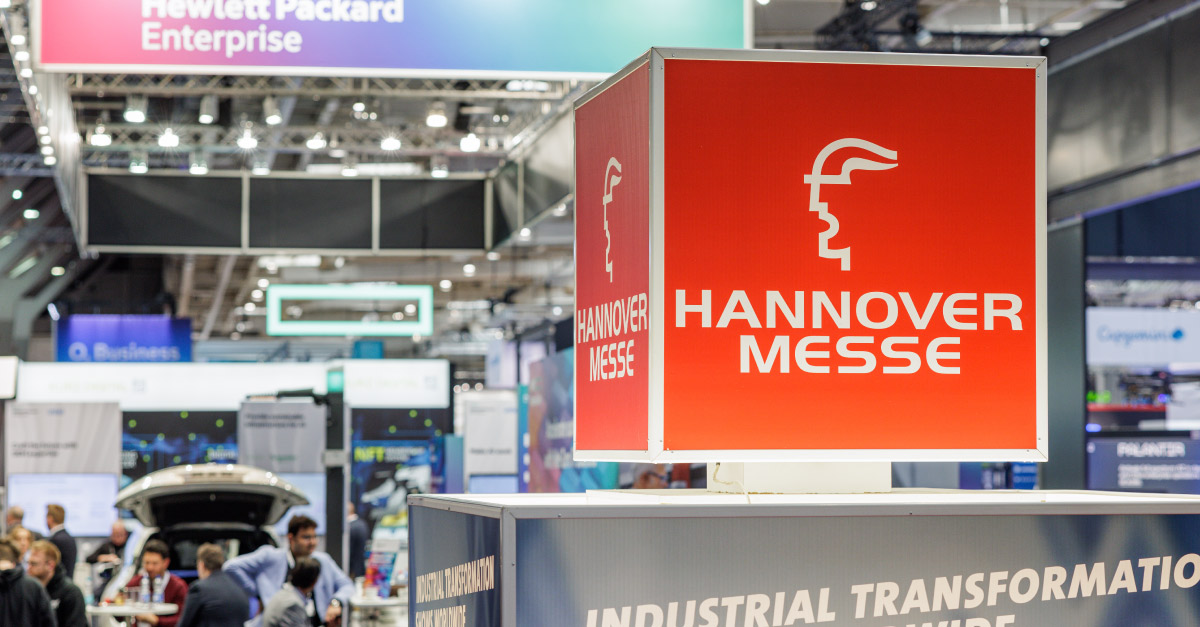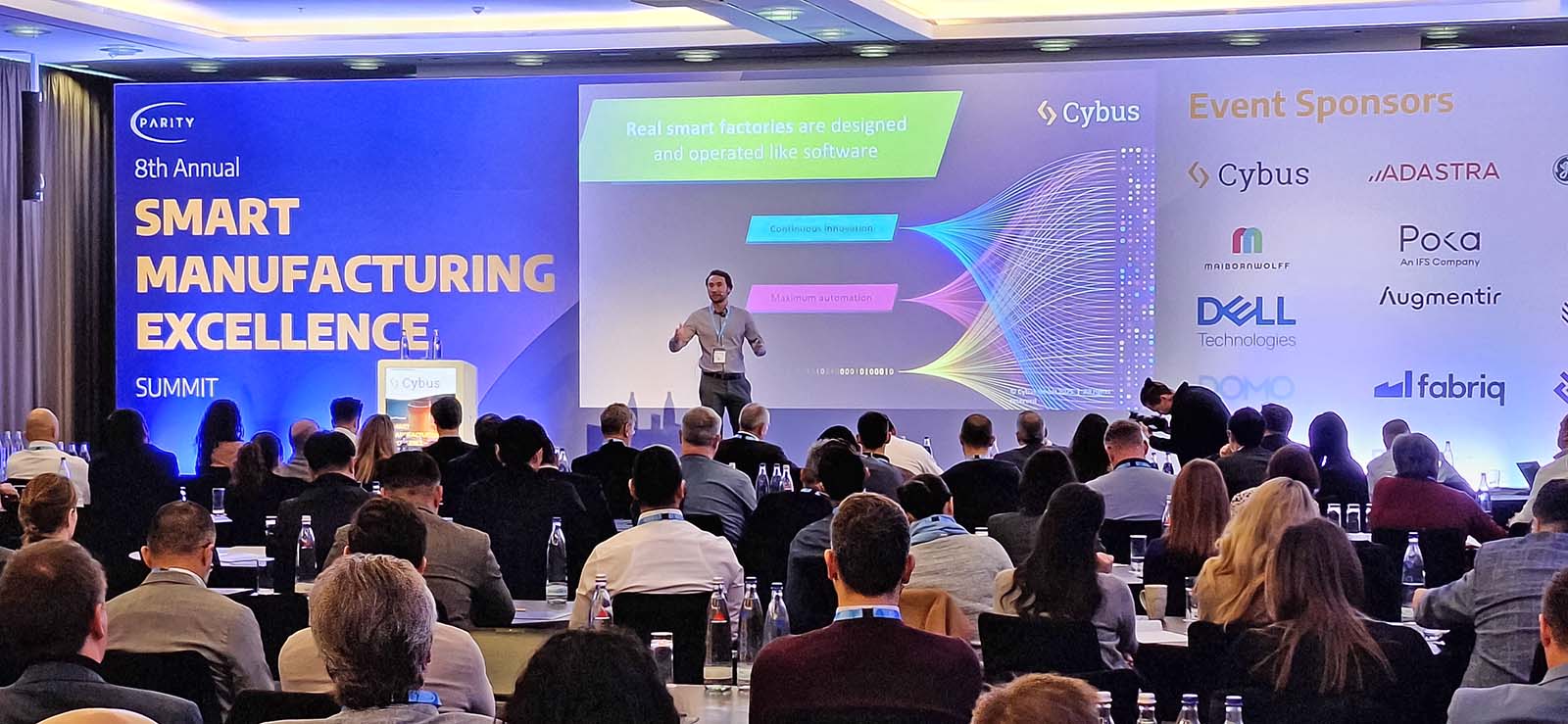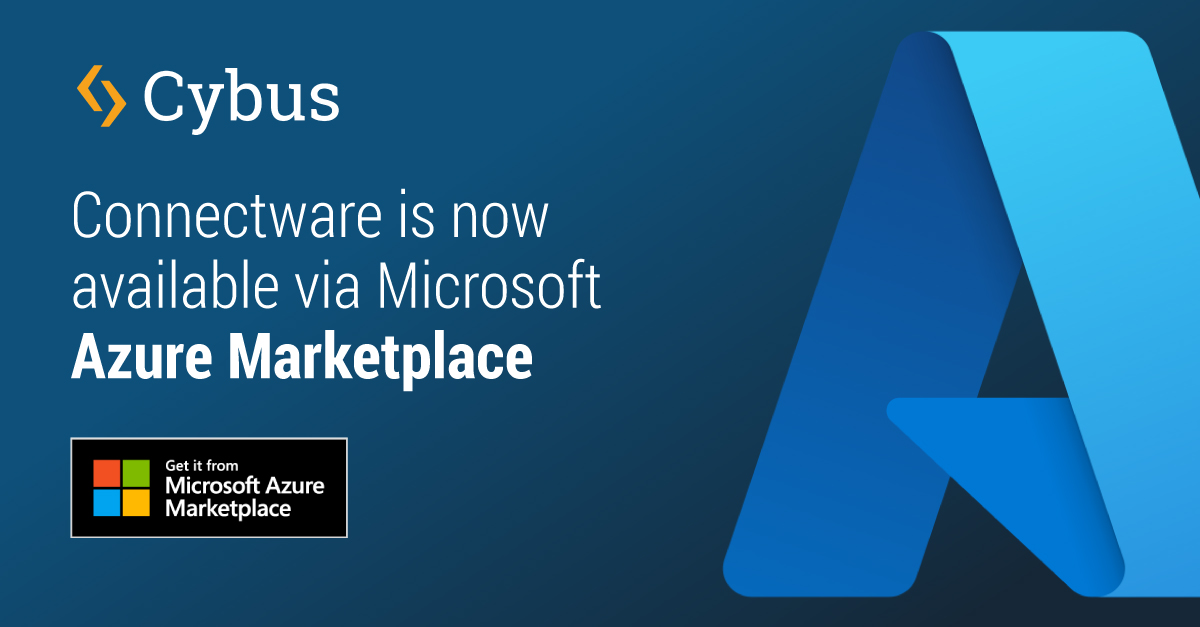News | 26.09.2017
IoT-Expert Statement with Laurent Couillard (CEO & Founder) from OptimData
Cybus has a rich partner network. From time to time we take a few minutes to interview an expert from one of our partners and give you an insider’s view. Today, we spoke to Laurent Couillard from OptimData, Paris, about the current state of Industrial IoT and the biggest challenges for companies to make use of smart IoT services.
Laurent Couillard is CEO and Founder of OptimData and has been working in the IoT field for more than ten years. With OptimData, he has built an innovative R&D lab dedicated to the development of data-centric applications for industrial markets.
Talking about Industry 4.0, for many people, it still seems to be a more or less blurry concept of basic digitization. To understand the value and usefulness of Industry 4.0, what are your thoughts on how Industry 4.0 will be contributing to industrial players in the next 12 months?
Industry 4.0 is about a higher collaboration between machine makers, line builders, maintainers and producers. Each of the value chain stakeholders must react to the challenges of the new industry, versatility of the production, higher cadence at lower cost, energy waste reduction and much more. The Industrial Internet of Things is connecting the dots by enabling a knowledge economy. Each participant can provide his knowledge into a digital form which makes the global system much more efficient. Industry 4.0 redesigns the value chain through digitalization and shortens the distance between stakeholders.
What are the biggest challenges, in your opinion, to get a factory or production facility quickly and efficiently into Industrial IoT? What would be the most important thing to do?
The biggest challenge at first is the business model. Because a factory or a production facility will not succeed alone in getting the value of the Industrial IoT, they will have to accept the collaboration and the acquisition of knowledge from machine makers and maintainers. As a consequence, and only a consequence, the controlled data collection is becoming a value. From the “In Use” data collected and with the artificial intelligence modeling we have invented, every player can develop his own knowledge and easily distribute it in the exact context of each production facility.
Of course, nobody is about to publish confidential production information to everyone. But usage patterns can be digitized and they are the key to augment every individual industrial worker to a collective intelligence.
Looking back, what has been already accomplished in rolling out new IoT approaches? Can you name an example of successful IoT implementation?
The digital IoT maturity varies between every customer. Recently we have announced with Sidel, a Tetra Pak-owned company, the launch of Sidel-InUse. Sidel-InUse proposes new digital services to bottlers to increase OEE and predict failures. The transformation has been adopted on both sides. On the one hand, Sidel’s customer relationship is augmented thanks to a deeper knowledge of what is happening at its customer production and by better aligning support and services. On the other hand, the machines are able to coach the industrial workers on the correct next best action to perform in their exact context.
OptimData is deploying its IoT visualization and optimization solution “ProductInUse” for companies who want to make use of their production data. Are there any plans for you to roll-out other services like “ProductInUse”?
ProductInUse is a solution to help industrial companies in developing their digital services. We started with preventive maintenance, which reduces costs and increases uptime, then we also deployed solving intelligence, which reduces the Mean Time to Repair (MTTR). We are soon launching the preventive maintenance digital service to help make the maintenance a success the first time and optimize spare stocks. More digital services are invented by our current services.
One final question to get a better picture of the current state of IoT: What do you think about how far the industry as a whole has come right now and how it is taking advantage of IoT? Is there more to come, or are we already there yet, in terms of a digitized industry?
There is much more to come. As said, IoT is getting its value in a knowledge economy which is not yet defined. This is the heart of the transformation. Internet is also about collective intelligence and collaboration. We are just in the discovery phase of the new era. There is definitely more to come.
Laurent, many thanks for your time and your insights! Let’s talk about these topics again in a few months, to see what has changed. Thank you very much!


